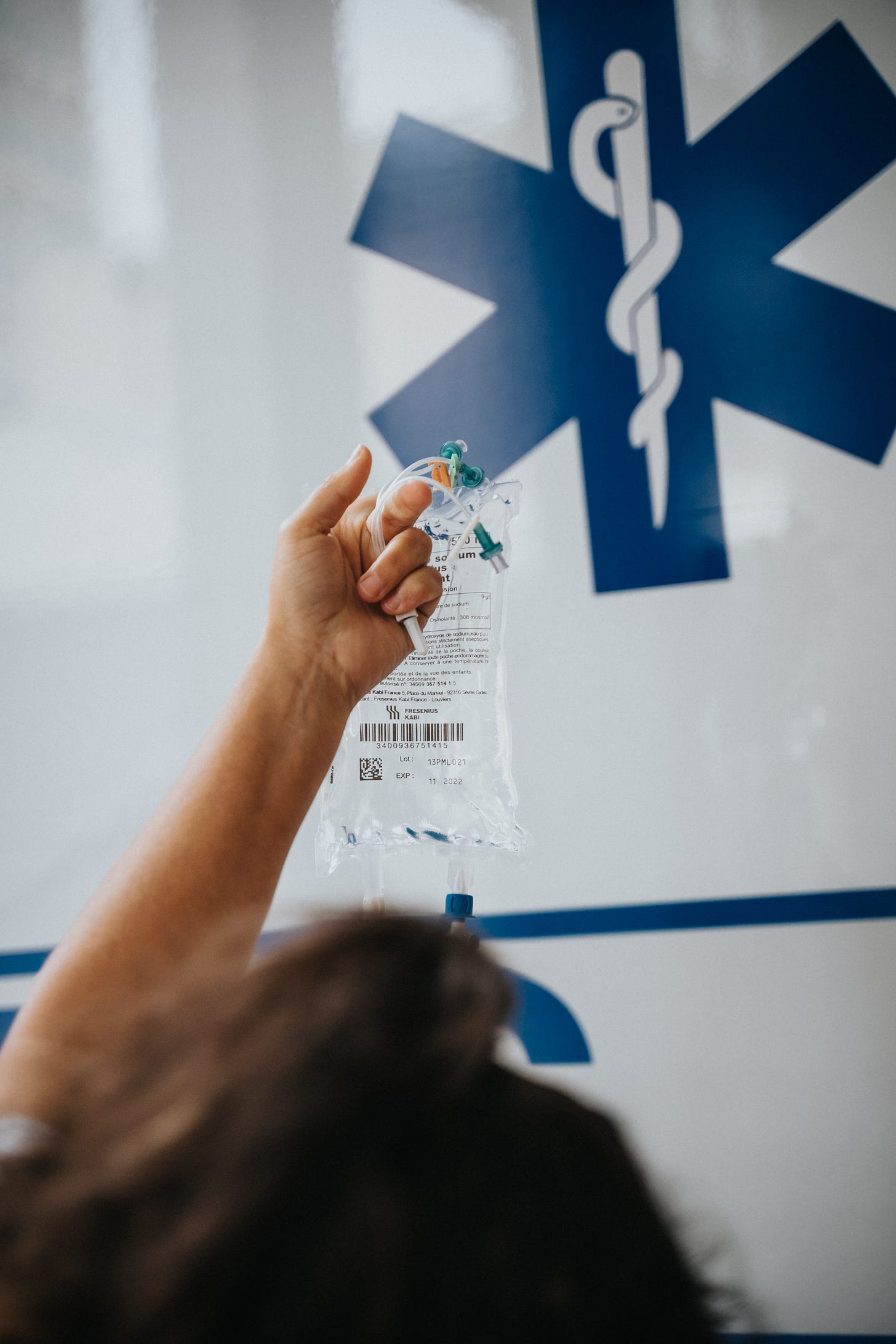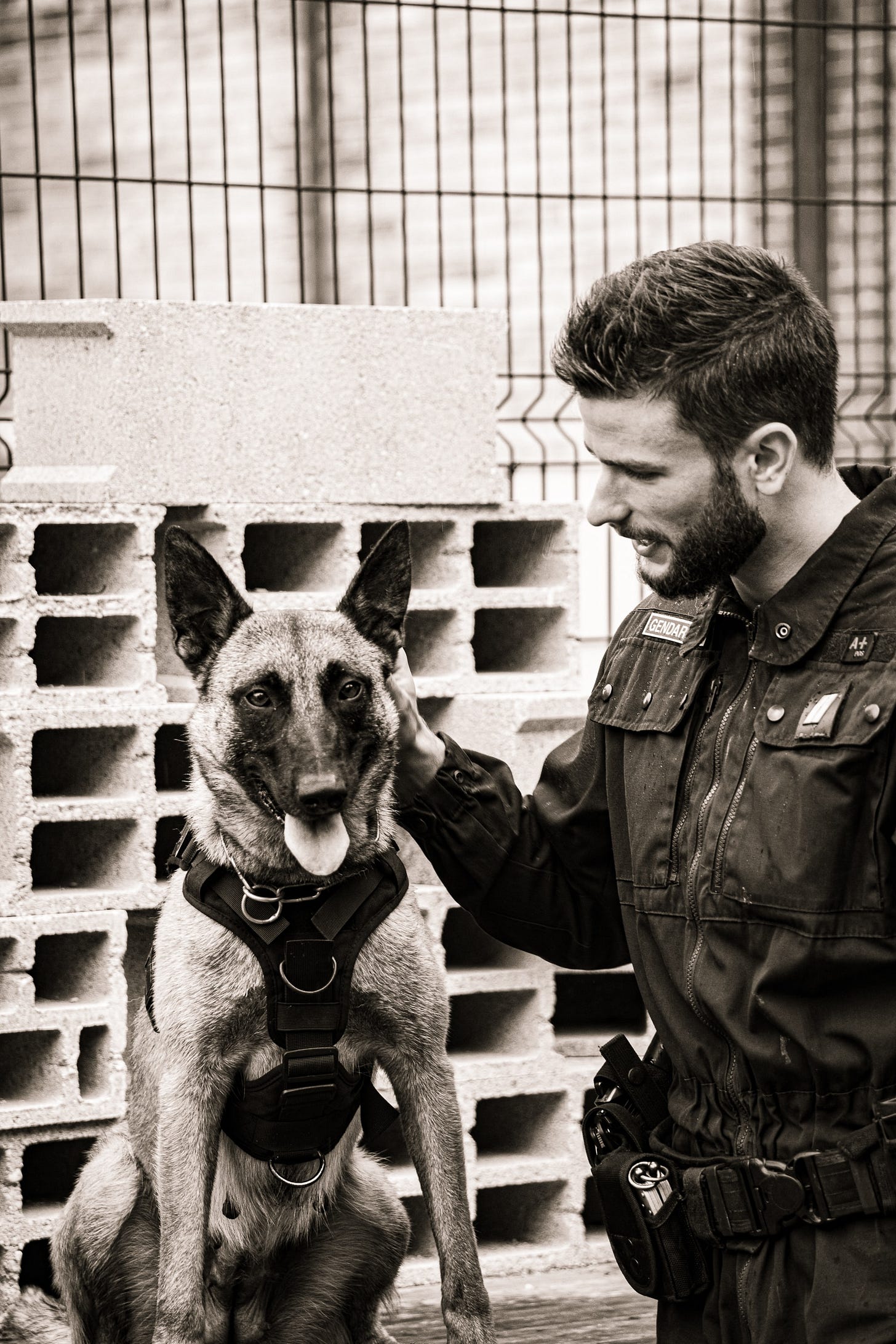Animal Awareness, Natural Medicine Division Listening Sessions
Harm reduction education & animal-aware policy
Have you been attending the Natural Medicine Division’s Listening Sessions?
The Natural Medicine Division (NMD) and Advisory Board navigate the implementation of Prop. 122 | SB 23-290 in Colorado. Specifically, the NMD is addressing the program design and policy that will be erected to regulated access to naturally-derived medicine within our state.
Importantly, these policies address regulated access to psychedelic substances that are derived from naturally occurring sources - one of which is psilocybin derived from psilocybin-containing mushrooms.
Access to psychedelic substances through a state-regulated program opens important treatment options for human patients. Novel medical solutions are emerging rapidly as research into these psychedelic substances progresses.
Stakeholders have the opportunity to virtually attend a series of Listening Sessions hosted by the DNM to learn, contribute, and engage in these ongoing conversations.
Animals play a central role in human health and wellbeing. From animals raised for food, agricultural use, to those animals used in research, and that share our homes for companionship - they all impact our daily human lives.
Between 60-70% of households in the U.S. includes dogs and/or cats.
About 60% U.S. households have multiple pets.
For every 1,000 households affected by a disaster or disruptive event, 1,500 pets are potentially involved.12
Animal exposure to human prescription drugs, supplements, herbal medicines such as cannabis, and now, psychedelic substances can occur as accidental, intentional, or malicious exposures. As human interest and access to psychedelic substances increases, the exposure of animals to these substances will increase in parallel.34
Do you know of an animal exposed to a psychedelic substances? Let us know!
The regulated access module for naturally-derived medicines is being enacted in parallel to personal-use provisions also outlined by SB 23-290. Public education campaigns, training for first responders, and policy should be animal-aware to ensure that all members of a family-unit (human and animal) are safe.
Listen to Dr. Andre, a practicing Colorado veterinarian, former U.S. Army Veterinary Corps officer, and VeterinaryPsy’s founder, comment on animal-aware harm reduction education and policy during two NMD Listening Sessions.
Session 2 (Sep 12): First & Multi-Responder Training | recording linked here (11:56)
Session 3 (Sep 22): Public Education Campaigns | recording linked here (33:12)
What’s important to know about animals & psychedelic substances in Colorado under SB 23-290?
Veterinary professionals are first responders for animal-related medical incidents
Animals exposures to psychedelic substances may be accidental, intentional, or malicious.
Substances obtained through an unregulated route may be adulterated with other pharmacologically active substances.
Diagnosis of intoxication / toxicity is difficult in animals due to sparsely-available and non-specific diagnostic testing.
Other ingredients that appeal to humans (such as chocolate and xylitol) are extremely toxic to animals.
Animal caregivers should be included in public education campaign development & launch
All harm reduction education should include storage and restricted access information appropriate across species - “keep out of the reach of children AND animals”.
If psychedelic substances are in the household, animal caregivers should create a plan for the case of an accidental ingestion emergency situation.
Animals are affected by the emotional and physical states of the humans around them. Consider the animal’s consent in being exposed to emotionally volatile experiences. The household animals may be willing or unwilling to share the experience when the humans in the household are interacting with conscious-altering substances.
Learn more about consciously and intentionally sharing space with an animal.
Veterinary professionals should receive continued education on psychedelic substances in animals.
Urgent care and emergency veterinary clinic teams
Toxicology information sources (ASPCA Animal Poison Control Center)
Veterinary behavioral referral centers
Veterinary trainers, particularly those working with reactivity, anxiety, aggression, and other behavioral conditions
Licensed healthcare professionals working with humans should receive animal-aware harm reduction education training.
Providing animal-related medical guidance is only within the scope of a licensed veterinary professional.
Guiding the intentional administration of psychedelic substances to an animal is outside the scope of practice for a licensed human professional. The medical requirements of working with species-specific metabolism, varying patient growth phases, and non-human cognitive processing require in-depth cross-species knowledge and experience. Clinical applications and dosing protocols are not directly extrapolated between humans and animals.
Humans that utilize a medical service animal (diabetic alert animals, seizure alert animals, emotional support animals) should be prepared to employ a non-animal monitoring / support plan e.g. a continuous glucose monitor, a licensed human therapist during the period they are taking the substance, a human guide or facilitator.
Animals that participating in any form of animal-assisted therapy should receive task-appropriate, adequate, and continued training. Working animal teams should adhere to strict work/rest cycles to protect the animal’s health and functioning.
Did you know that animals suffer from behavioral conditions… just like humans?
Behavioral conditions are not exclusive to humans. Animal emotional disorders are on the rise in parallel to humans, negatively impacting the entire family-unit.
Veterinary patients display clinical signs of emotional dysregulation in the form of abnormal and undesired behaviors, uncontrolled and escalating levels of anxiety, and a significant degree of disruption of their family-unit's normal functioning.
Psychedelic substances may offer hope to veterinary patients as well as human patients.
Curious to learn more? Listen to Dr. Andre discuss the potential for psychedelic medicine with PetSummits, hosted by Dr. Edward Bassingthwaighte.
Leslie Irvine, PhD, Professor of Sociology, University of Colorado Boulder. Data Collection in Animal-Related Disasters. CDPHE Office of Emergency Preparedness & Response Volunteer Capacity Building Workshop. Presented May 13 2023.
Irvine L, Andre C. Pet Loss in an Urban Firestorm: Grief and Hope after Colorado’s Marshall Fire. Animals. 2023; 13(3):416. https://www.mdpi.com/2076-2615/13/3/416
Oster E, Čudina N, Pavasović H, et al. Intoxication of dogs and cats with common stimulating, hallucinogenic and dissociative recreational drugs. Vet Anim Sci. 2023;19:100288. Published 2023 Jan 31. doi:10.1016/j.vas.2023.100288
Wilde A. Should Pet Cats or Dogs Attend Your Guided Psychedelic Trip? Psychedelic Passage. Online Resources. https://www.psychedelicpassage.com/should-pet-cats-or-dogs-attend-your-guided-psychedelic-trip/







